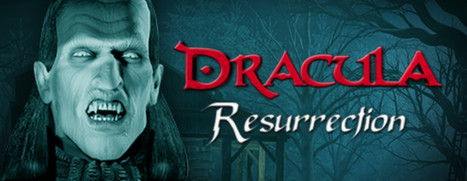

(5) This type of metonymic reading adds resonance to the novel's setting, but we should not overlook the significance of Eastern Europe itself. The consensus has been that the politics of the novel lie closer to home that Ireland stands behind Transylvania. (4) Critics have consistently treated the Eastern European setting of the novel as incidental. Its delegitimation of history is selective, targeting the Ottoman history of Eastern Europe in particular at a time when the nations newly emerging from Ottoman rule challenged the idea of Europe that had been defined through the Concert of Europe since the early years of the nineteenth century. This negative attitude towards history has its own politics, a politics, I will argue, that shapes Britain's relation to the idea of Europe. The anthropologic masks a larger preoccupation in the novel with repressing historical discourse and delegitimating historicity more generally. (2) Some of the criticism on the novel reflects this same anthropological attitude: Dracula is explained in terms of Eastern European folklore, and the "historical" Dracula (presumably, the fifteenth-century prince Vlad, the Impaler) is treated as a legendary figure about whom contradictory stories abound. He does not insist on the causes for Dracula, but on deciphering a pattern of behavior that will enable him to classify the Count as a vampire and hence to know what he must do to defeat him. To come to know what Dracula is, Van Helsing first meticulously records the details of the Count's behavior. Stoker seems to ask insistently, what is Dracula? Although this could be construed as a question of origins (how has Dracula come about and what can we infer about his meaning from such a narrative of becoming), Van Helsing, the man who masterminds the hunt for Dracula, addresses the question in terms of the monster's behavior.

Yet historicity poses problems for the reader of Dracula as its questions are addressed by the novel scientifically, or even anthropologically, and not historically. (1) Political arguments imply particular constructions of history. Our persistent interest in the politics of Dracula-whether they pertain to Ireland, class conflict, gender, or empire-acknowledges the historical relevance of the novel. and the glories of the great races are as a tale that is told." (35)


 0 kommentar(er)
0 kommentar(er)
